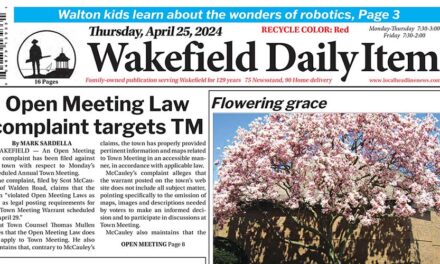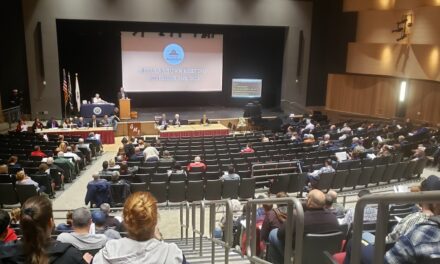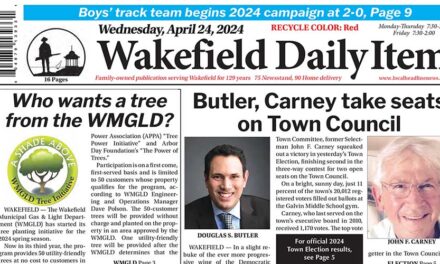BOSTON (AP) — Fiscal problems that have triggered a shortfall in the state’s current budget are likely to spill over to the next year’s spending plan, lawmakers and state officials were warned on Thursday.
The House and Senate Ways and Means committees, along with officials from Gov. Charlie Baker’s administration, held a revenue hearing at the Statehouse as they sought to determine how much Massachusetts is likely to collect in taxes in the 12-month period starting July 1. Once an estimate is agreed upon, it will be used as a starting point for discussions on the next budget.
Baker announced this week that the state faced a projected $765 million deficit in the current fiscal year, which runs through the end of June, and said he would soon outline steps aimed at closing the gap.
State revenue commissioner Amy Pitter said during a Statehouse hearing Thursday that she expects overall tax collections to increase somewhere between 4.2 percent to 5.7 percent in the next fiscal year.
At the hearing, budget analysts questioned whether that would be enough to offset projected spending increases.
“It’s alarming that even with employment gains and a healthier economic climate, the state faces a monumental budget shortfall in fiscal 2015 and substantial challenges in 2016,” said Andrew Bagley, director of research and public affairs for the Massachusetts Taxpayers Foundation, a business-backed fiscal watchdog group.
The foundation, which forecast a 4.5 percent increase in revenue for the next budget, said the additional revenue would be swallowed up by increases in non-discretionary funding for areas including Medicaid and state employee pensions.
The Massachusetts Budget and Policy Center, which counts unions and nonprofits among its backers, said it expected the state to face a $1.1 billion gap between spending and revenues in the next budget. The group has blamed much of the state’s fiscal woes on income tax cuts implemented between 1998 and 2002.
Lawmakers acknowledge that shifting economic conditions make revenue forecasts tricky — and not altogether reliable.
Pitter said tax collections in the current fiscal year were running $18 million below benchmarks and could wind up the year anywhere from $94 million below to $19 million above original projections.
Gov. Charlie Baker, who has pledged not to cut state aid to cities and towns despite a state budget deficit, this morning was scheduled to address mayors and other local officials for the first time since taking office.




